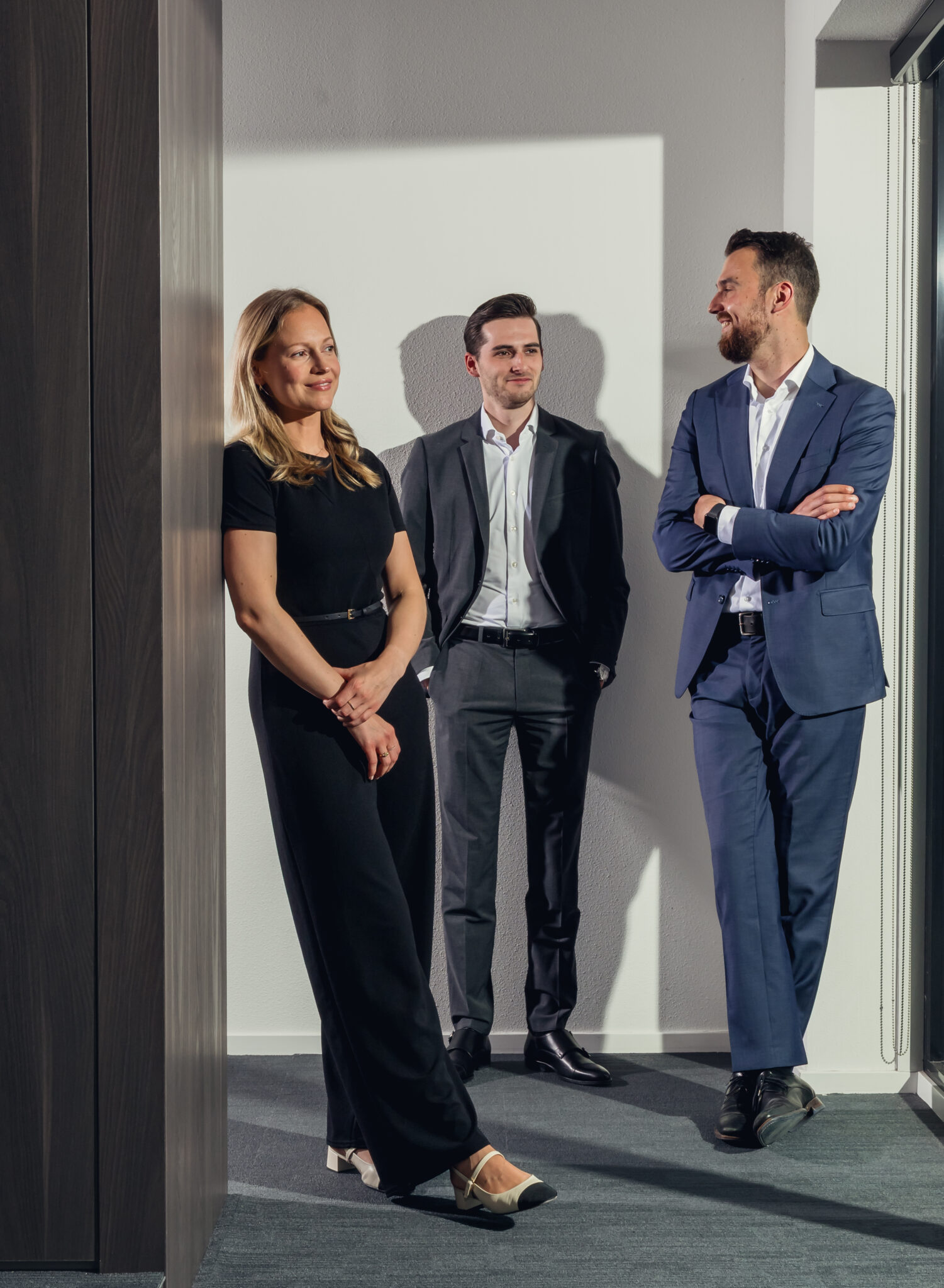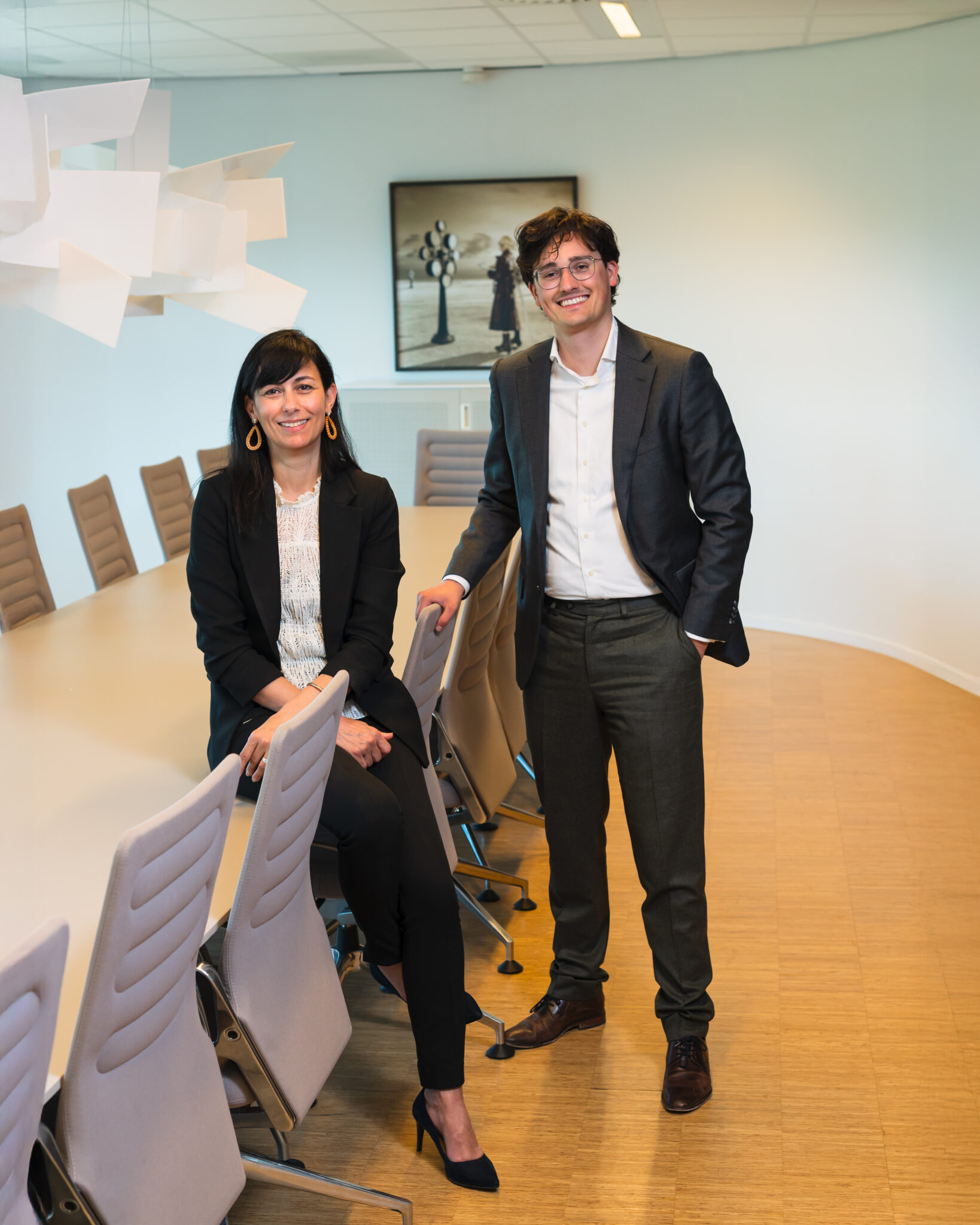With legal expertise and knowledge, Boels Zanders helps entrepreneurs and organizations move forward. The firm is a leading player in the southern Netherlands, thanks in part to its broad range of services. But there’s more, explains Daan Simon (30), who specializes in mergers & acquisitions. “At Boels Zanders, there’s an open culture where we work together to achieve the best outcomes. Here you won’t hear formal phrases like ‘confrère’—it’s simply: ‘I’ll give you a call.’”
Of course, there is a hierarchy in positions. But as Julia Driessen (30), who advises and litigates on privacy, data protection, and intellectual property law, confirms: “It’s easy to walk into a colleague’s office to discuss a case. And it doesn’t matter whether that colleague is a junior associate or a partner.”
Taking Care of Each Other
Most cases are handled in teams. This gives young lawyers many opportunities to learn from experienced colleagues. But for clients, this collaboration is also a big advantage. “It’s a quality guarantee,” says Daan. “There’s always someone reviewing the work—seniors checking juniors, but also the other way around. That’s the strength of BZ: we challenge each other. And if we win a case or successfully guide a major acquisition, it’s the result of a team effort. All three of us deliberately chose this culture.” At BZ, differences in position are mainly reflected in responsibilities. “Those higher up in the hierarchy are there to support you. In complex matters, you can rely on their years of experience,” says Sander Hafkamp (25), a corporate law specialist. “A large part of my practice involves the settlement of bankruptcies and guiding and restructuring companies facing financial difficulties. Experienced colleagues involve you in their cases so you can learn from them.”
Meaningful Work
In a world that is constantly changing, the legal profession is evolving, too. Take Julia’s work, which is closely connected to the information society. “Technology often develops faster than legislation. As a lawyer, you have to creatively apply the existing laws and regulations,” she explains. For example, when it comes to AI, which is developing at lightning speed and is increasingly used by businesses.
“You can contribute to resolving disputes or relieve clients of worries by taking care of matters properly for them. That’s what makes the work meaningful,” says Julia. “Clients want to act quickly on new developments. But it’s often overlooked how important it is to protect, for example, intellectual property rights or trade secrets, or to implement measures to comply with privacy laws. Yet it’s essential—and highly valuable—to get those basics right.”



